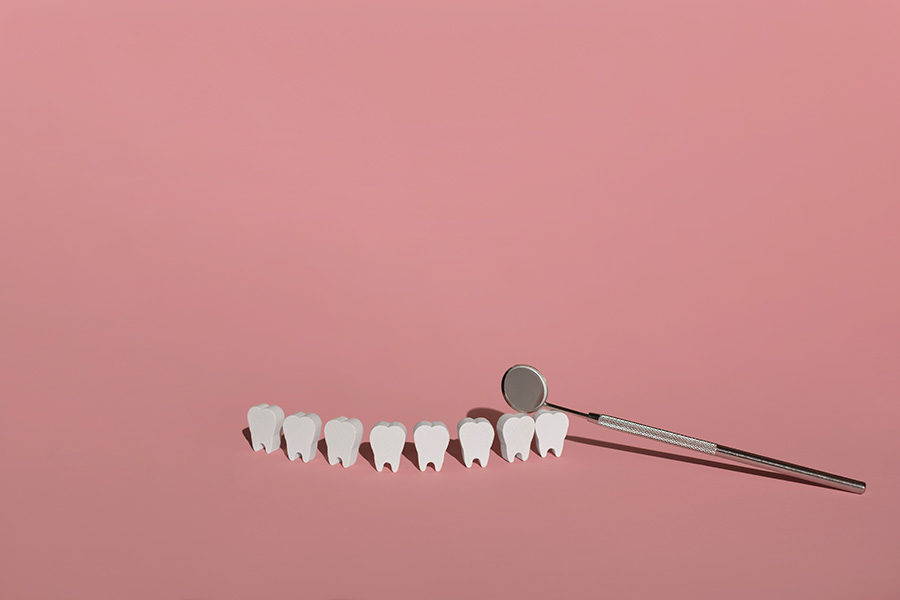The 3 Biggest Pitfalls of Your Dental Hygiene Department: Plus 3 Tips for Success
December 19, 2023
The Biggest Pitfalls With Dental Hygiene Departments
Maintaining proper dental hygiene is crucial for your patient’s oral health and overall general health. Your practice’s hygiene department plays a significant role in promoting excellent oral care practices. In this article we will cover the key factors that boost the overall care given to your patients. So, let’s discuss the 3 biggest pitfalls that inhibit the effectiveness of your dental hygiene department. We will also discuss the solutions to help you get back on track.
Lack of Communication in Dental Hygiene
Effective communication and collaboration are vital in any healthcare setting, including dental hygiene departments. Lack of proper communication leads to misunderstandings, missed appointments, and delays in treatment. Moreover, this will negatively impact patient satisfaction and overall efficiency within your practice.
To address this pitfall, dental hygiene departments should implement efficient communication channels among the team and with patients. Utilizing digital communication tools, such as email, text messaging, or instant messaging apps, can help streamline communication and ensure everyone is on the same page. Morning huddles and regular team meetings or briefings foster better team collaboration. Providing a platform for discussion and problem-solving allows for a more cohesive dental practice. The success of communication and cooperation heavily relies on the focus and leadership of meetings.
Lack of Preventative Care & Follow Up
Often, dental hygiene departments focus primarily on providing routine check-ups and treatments rather than emphasizing comprehensive care and follow-up with patients. Identifying potential oral health issues early on is essential to prevent missed opportunities. Providing necessary interventions and treatment sooner delivers the care that patients expect.
To avoid this pitfall, dental hygiene departments should emphasize comprehensive care. Your hygiene department will begin to prioritize preventive care strategies vs active periodontal disease care. Consequently, you develop oral health education programs for patients, provide personalized oral hygiene recommendations, and establish efficient systems for tracking and scheduling follow-up appointments. Ensure your hygiene department implements routine check-up systems along with preventative care assessments. Digging deeper and using all the tools offered by hygiene schools in a post graduate education is indispensable! Taking these steps to identify oral health issues in their early stages always leads to better patient outcomes and care.
Dental Hygiene Continued Education
One of the most significant pitfalls is the need for more education and training among dental hygiene teams. Techniques and advancements are constantly evolving, which requires professionals to stay updated. With additional training, dental hygienists can remain updated in their professional knowledge, preventing subpar patient care.
To overcome this pitfall, dental hygiene departments should prioritize continuous education for their team. By offering regular training sessions, seminars, and workshops, your team will stay well-informed about the latest techniques, technologies, and protocols. Likewise, fostering a learning and professional growth culture will motivate the team members to seek out educational opportunities independently. Next Level Consultants love to share this kind of training with doctors and their teams. By working with a coach from Next Level Consultants, you can take your hygiene team from ordinary to extraordinary.
Conclusion
Awareness of these potential pitfalls is crucial for continuous improvement and the overall success of your dental practice. You can create a more profitable patient-focused environment by addressing these common pitfalls – inadequate communication and collaboration, insufficient emphasis on preventative care, lack of education and training. Ultimately, prioritizing these three aspects in your practice will improve patient satisfaction and oral health outcomes. Feel free to contact us for professional training for your dental hygiene department and discuss ways to implement these systems in your practice.
 Dental Startup Podcast
Dental Startup Podcast  Dental Acquisition Podcast
Dental Acquisition Podcast 
